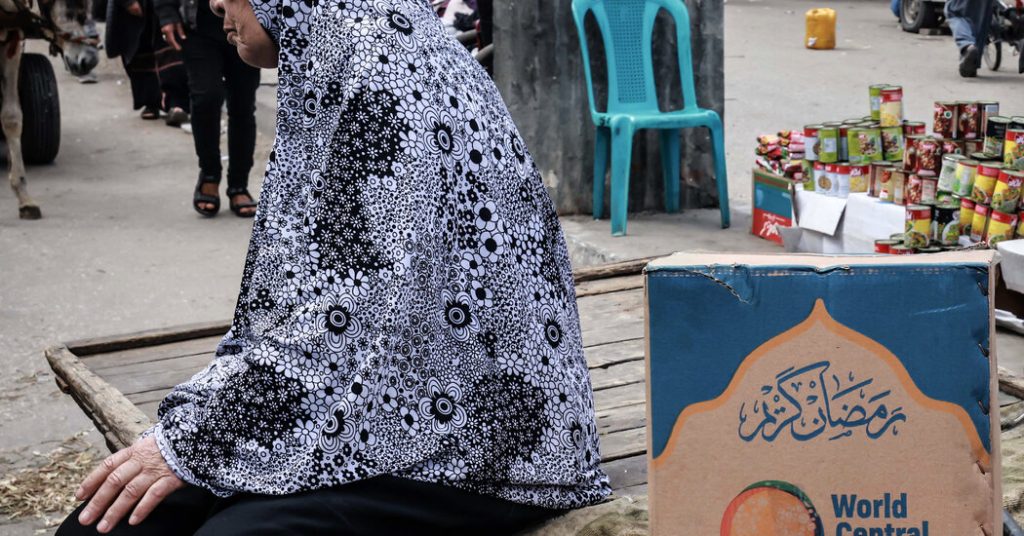In times of extreme hardship, the best of humanity always emerges, as evidenced by the tragic deaths of seven World Central Kitchen volunteers in Gaza. These individuals, including Saifeddin Issam Ayad Abutaha, John Chapman, Jacob Flickinger, Zomi Frankcom, James Henderson, James Kirby, and Damian Sobol, exemplified the best of humanity by risking their lives to share food with others in need. Their work was grounded in the belief that food is a universal human right that transcends societal divisions and boundaries. Despite the risks, they worked tirelessly to provide meals to those affected by conflict, natural disasters, and other crises in various countries, including Ukraine, Turkey, Morocco, the Bahamas, Indonesia, Mexico, Gaza, and Israel.
World Central Kitchen’s efforts extended beyond traditional aid work, as they sought to feed both Israelis and Palestinians with over 1.75 million meals served in Israel alone. Despite the ongoing conflict, the organization maintained communication with Israeli military and civilian officials while working closely with community leaders in Gaza and other Arab nations in the region. By preparing hot meals in community kitchens and delivering aid directly to hospitals and families, they were able to serve over 43 million meals to Palestinians in Gaza. The organization emphasized that food should never be used as a weapon of war and called for the immediate release of all hostages held in the region.
The Israeli government’s actions in restricting food and medicine supplies to civilians and killing aid workers who were coordinating their movements with the Israel Defense Forces were condemned by World Central Kitchen. The organization called for more land routes to be opened for the delivery of essential supplies and urged an end to civilian casualties and violence in the region. The Prime Minister’s dismissive response to the killings as a consequence of war was challenged, as it was clear that the attack on the aid workers was avoidable and unjustified. World Central Kitchen demanded a thorough investigation into the incident starting at the highest levels of government.
The urgent need for food aid in Gaza was underscored by the Integrated Food Security Phase Classification’s report, which warned that half the population of Gaza faced the imminent risk of famine. The World Central Kitchen team had undertaken a dangerous journey to deliver aid by sea, funded by the United Arab Emirates, supported by Cyprus, and approved by the Israel Defense Forces. The team’s commitment to providing food aid despite the risks reflects a shared cultural value across the Mediterranean and Middle East regions, where food is seen as a symbol of humanity, hospitality, and hope for a better future. In light of the current crisis, it is imperative for the people of Israel to remember the significance of feeding strangers as a sign of strength, rather than weakness.
The call for the Israeli government to open more routes for aid delivery, cease civilian casualties, and initiate steps towards peace was urgent and clear. The current approach of bombing buildings in Gaza and imposing starvation on the population was deemed ineffective and morally wrong. World Central Kitchen emphasized the importance of food as a unifying force across different religions and cultures, particularly during times of celebration and renewal. In recalling ancient Passover stories and traditions that emphasize the importance of remembering one’s history of oppression and the commandment to treat strangers with kindness, the organization called on the people of Israel to reflect on their actions and demonstrate true strength and compassion in the face of adversity.


